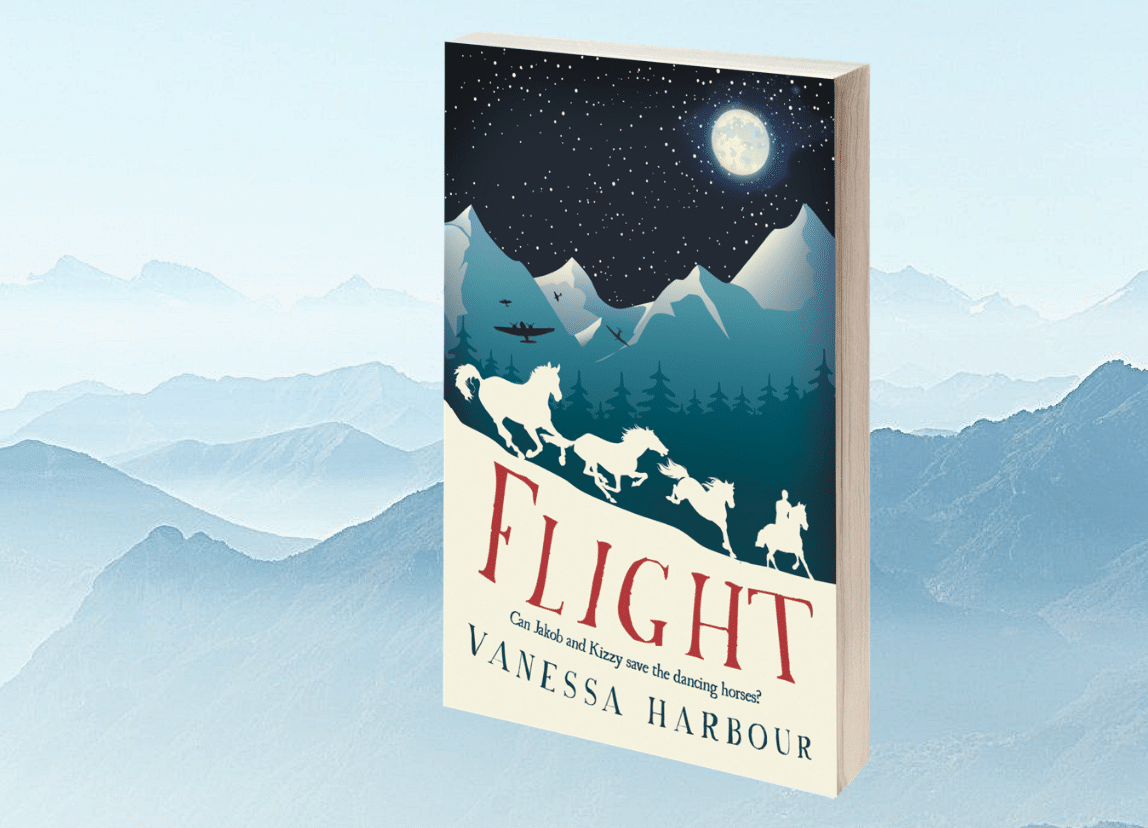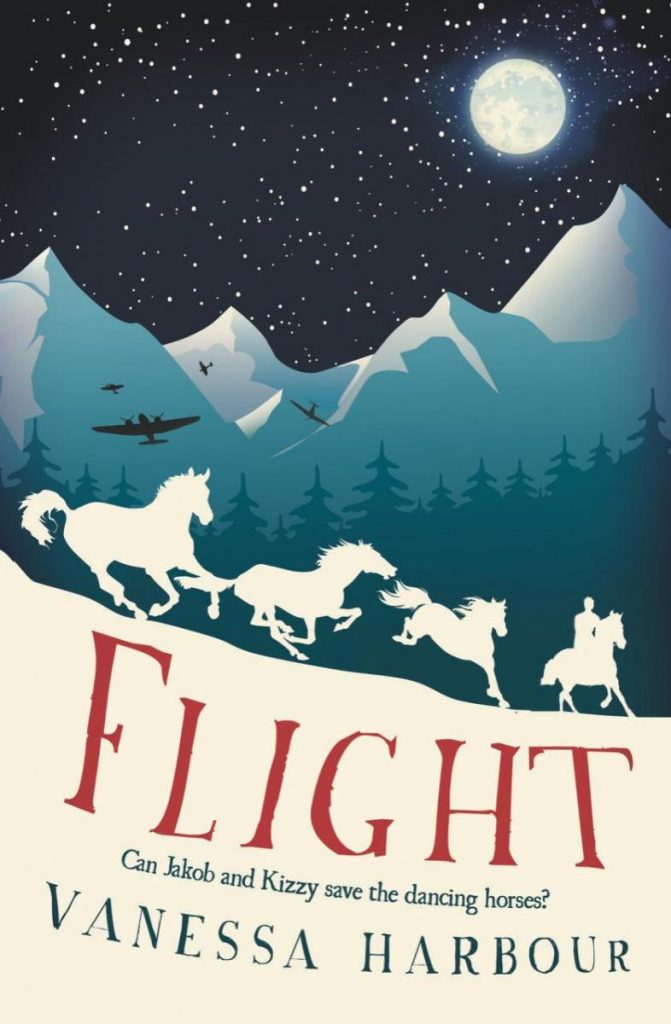Today, we welcome Vanessa Harbour into The Reading Realm to talk to Kevin Cobane about her moving and thrilling historical middle-grade book, Flight…
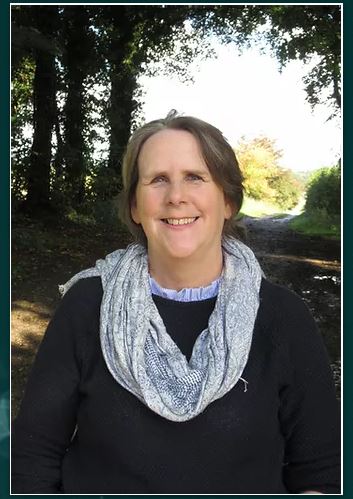
When, how and why did you start writing?
I have written since I was very small. My sister found a book of ‘powems’ [sic] that I had created for her when I was six. I created the book so she could take it with her and remember me as she was leaving to train to be a nurse and I was going to miss her so much. I’ve never been great a spelling!
English was always one of my favourite subjects and I can remember the thrill when one of my teachers read my work out because she thought it was so powerful. For many years I would write in secret and never show anyone my work. Some of my jobs would involve writing though so I would have to share that. I wrote features for newspapers. I also wrote press releases, newsletters and software manuals – not all writing is exciting, but it can be challenging. I was still writing creatively in secret that no one ever saw – and some of that writing they never will.
It wasn’t until my life had a bit of a dramatic turnaround and I became disabled that I took the opportunity to go to university and do a degree in English because it had creative writing modules. This is when I started to focus on my fiction writing more seriously. When I went there, I thought I had a pretty good idea of what sort of writer I was, and it wasn’t a children’s writer. This hadn’t ever entered my head. I have no idea why because I had children and I loved children’s books. During the degree I was asked to write a piece for children, and it felt like coming home. It felt so right. The rest is history. I did an MA in Writing for Children, a PhD focusing on Young Adult Fiction, started lecturing in creative writing and working with the Golden Egg Academy. Flight was my fourth novel but first to be published. Sorry, rather a long answer!
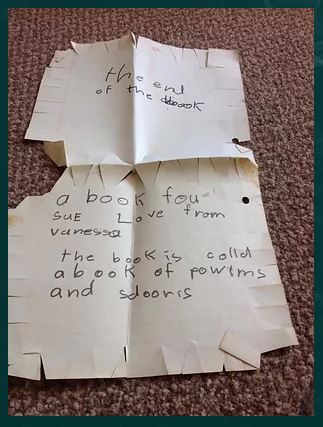
Ballet Shoes by Noel Streatfeild. My mother was passionate about ballet and she read this story to me when I was quite small. When I could read to myself, I was mad about horses and used to devour any books by the Pullein-Thompson sisters. I would get lost in the stories pretending I was the main character. I also loved to read Daphne Du Maurier – I confess I was a bit of precocious reader. (It makes me cringe when I look back at it!)
What are the best parts of being an author?
It is the best job in the world. I am so lucky. I love writing stories and escaping into new places and meeting new characters. I also really enjoy meeting my readers and doing school events. It is wonderful seeing what stories the children come up with in the workshops.
Can you tell us a bit about your involvement with the Golden Egg Academy?
I am lucky I have worked with GEA since the beginning. It is a fabulous organisation, and, for me, it is a great opportunity to work with some incredible aspiring children’s writers. GEA takes the holistic approach, it is all about the writer and not just the manuscript. It provides an opportunity to work with industry editors who understand exactly what is needed to help an aspiring writer make manuscript the best it can be and hone their craft. I was also lucky in that not only do I work with aspiring writers, but I got to work with Imogen Cooper on my manuscript. She encouraged me to be brave and write the story I wanted to write. That story was Flight.
Without giving too much of the story away could you tell us a little bit about Flight and the inspiration behind the book?
Flight is an adventure story based during the end of the Second World War. Jakob and Kizzy need to ensure that some Lipizzaner horses belonging to the Spanish Riding School are kept safe from a dangerous Nazi who wants to kill the dancing horses and them. They must travel across the mountains to safety. The question is do they manage to do it?
The inspiration behind Flight was a true story, called Operation Cowboy where the US Army saved several hundred horses from a stud in Czechoslovakia. Flight is a story leading up to this event though it is purely fictitious.
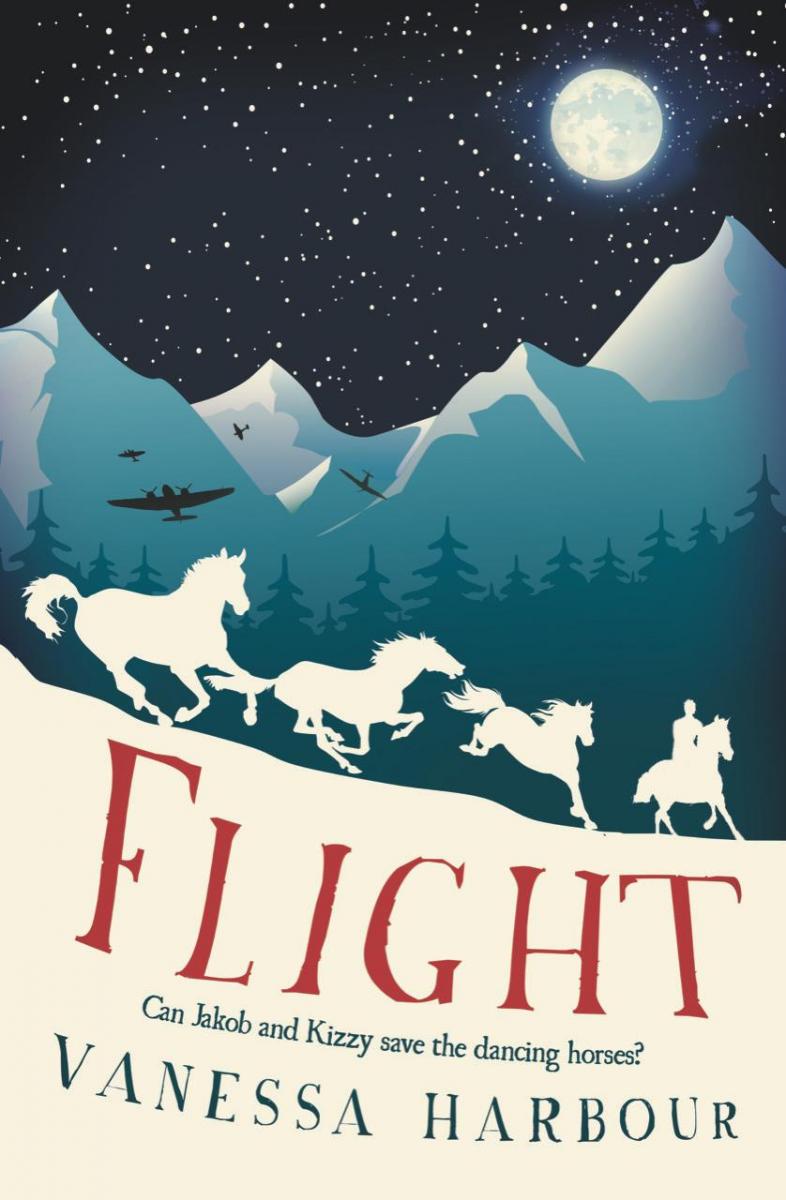
Was Flight an important story for you to write and why?
I wanted to write a Second World War story because both my parents served during the War. My mother, who was a WRN, used to tell me lots of stories of her time during the war. My father, who was in the Parachute Regiment, not so much, but I do know he saw some horrific things. This story was a tribute to them and all who served in the Second World War.
Where did your passion for history and horses come from?
I have always loved learning about the past. It has intrigued me. I love doing research and finding things out, which helps when you write historical fiction. My parents loved history too. Of course, they had lived through the Second World War, so they didn’t see it as history. I loved horses as a child and was desperate to have one of my own. We moved a lot when I was young and my parents kept telling me, at the next house, ‘We’ll buy a house big enough for you have to a pony.’ They never did! I loved the freedom ponies gave you as we used to ride off into the countryside on our own. I also really enjoyed the thrill of feeling the wind in your face as you galloped along. Most importantly though was the relationship you developed with a pony. They are such gentle animals and they understand you. They are very empathetic.
Given your love for horses, there were some harrowing passages in your book. Were these difficult for you to write as an animal-lover?
Yes, they were really difficult to write. I confess they made me cry and even when I was editing and I knew they were coming, they still made me cry!
Initially *spoiler alert* in the first chapter it wasn’t a horse that was shot it was a cat. Imogen Cooper, who I was working with at the time, said ‘That’s not dramatic enough, you need to kill a horse!’ I was shocked as she loves horses as much as I do, but I could see she was right.
For the mass grave scene, I did a lot of research into that, so I got it right, which was very upsetting. I then wrote a whole chapter on it, so I could get an in depth feel for it. I then distilled it down to what I hoped were just a few powerful lines.
I also did a lot of research into how the horses would react to death as I wanted to make sure that was realistic too. The story is as much about the horses as it is about the humans.
There are some fabulous characters in the book. Do you have a favourite character and if so why?
I love Kizzy; she has been through so much, yet she is still fighting and never gives up. She cares for the horses and finally has a family again. I hate this word when it is used when referring to girls but it really does sum her up – she is feisty.
How much research did you have to do about the Spanish Riding School and the Lipizzaner Horses?
I did a huge amount of research into the Spanish Riding School and the Lipizzaner Horses. I had seen the School perform in the past and I love the horses. They are so elegant. I read a lot about the history of it but also learned a lot about the day to day running so I could try and get the details right. Details are important.
Although a work of fiction, Flight seemed to be inspired by the real events of Operation Cowboy and the US Army rescue of the Lipizzaner Horses from Hostua. Do you think you will write a sequel?
I am certainly hoping to write a sequel yes. I have plans for Jakob and Kizzy. They haven’t quite finished yet with their adventures.
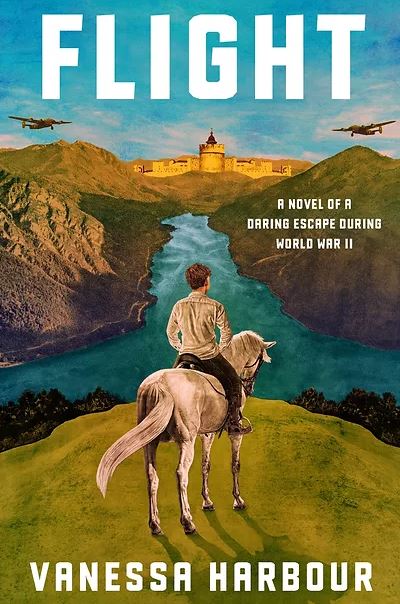
Both General Patton and Director Podhajsky are real people. Could you tell us briefly as little bit more about them and why they are important to the story.
General George Patton commanded the US Third Army following the D-Day Landings. In his early life he competed in the Pentathlon in the Stockholm Olympics in 1912. He was passionate about horses. Patton was a soldier all his life. As commander of the US Third Army he swept through France capturing towns from the Germans. He saw the Spanish Riding School perform when they were at Sankt Martin at the beginning of May 1945. In his memoir he states that he was surprised that fit young men and middle-aged men in the middle of a war ‘had spent their entire time teaching a group of horses to wiggle their butts…’ (War as I Knew It P.328). General Patton died at the end of 1945 following a car crash.
Director Podhasky was the Director of Spanish Riding School between 1939 and 1965. He also performed in the Olympics in 1936, receiving a bronze medal in dressage. Until he joined the Spanish Riding School, he was part of the Austrian Army, where he achieved the rank of Colonel. He evacuated the horses out to Sankt Martin in early 1945 when the bombing raids on Vienna became a real threat. Initially when he asked General Walker to help him save the Lipizzaners in Hostau the General refused pointing out to him that there was a war going on. Feeling dejected on his way out he bumped into a Major who had seen him perform at the Olympics. He asked the Director how things were going. When the Director explained, the Major went back to the Colonel who decided to invite General Patton down to see the horses perform.
When they had finished performing in front of General Patton, Director Podhasky asked General Patton for protection from the US Army, which he granted.
In a way, both General Patton and Director Podhasky had a lot in common – both were Army men, had a love for horses, and had competed in the Olympics.
There is some discussion as to whether the exhibition of riding by the Spanish Riding School ensured that Operation Cowboy happened or whether it was happening already, we don’t know. I have found no confirmation either way.
As well as being an author you also teach Creative Writing at the University of Winchester. What advice do you have for anybody who is inspired by your book to become a writer?
Read, read and read a bit more. Don’t stick to the same genre or age group. Challenge yourself and read outside your comfort zone.
Always carry a notebook with you so you can write down any exciting ideas you get, you can note any inspirational settings you see or even make note of an intriguing snippet of a conversation you heard. You never know when it might be useful.
Also write, don’t wait for inspiration, you need to get into the habit of writing if you want to become a professional writer. The blank page can be very daunting. Free writing is a good way to start. This is where you write whatever comes into your mind onto the page, without punctuation or worrying about sentence structure. I say it is a bit like vomiting on to the page. It is a great way to clear your head of all the rubbish that is worrying you before you start writing.
Finally could you describe Flight in three words?
Exciting, thrilling, adventure!
